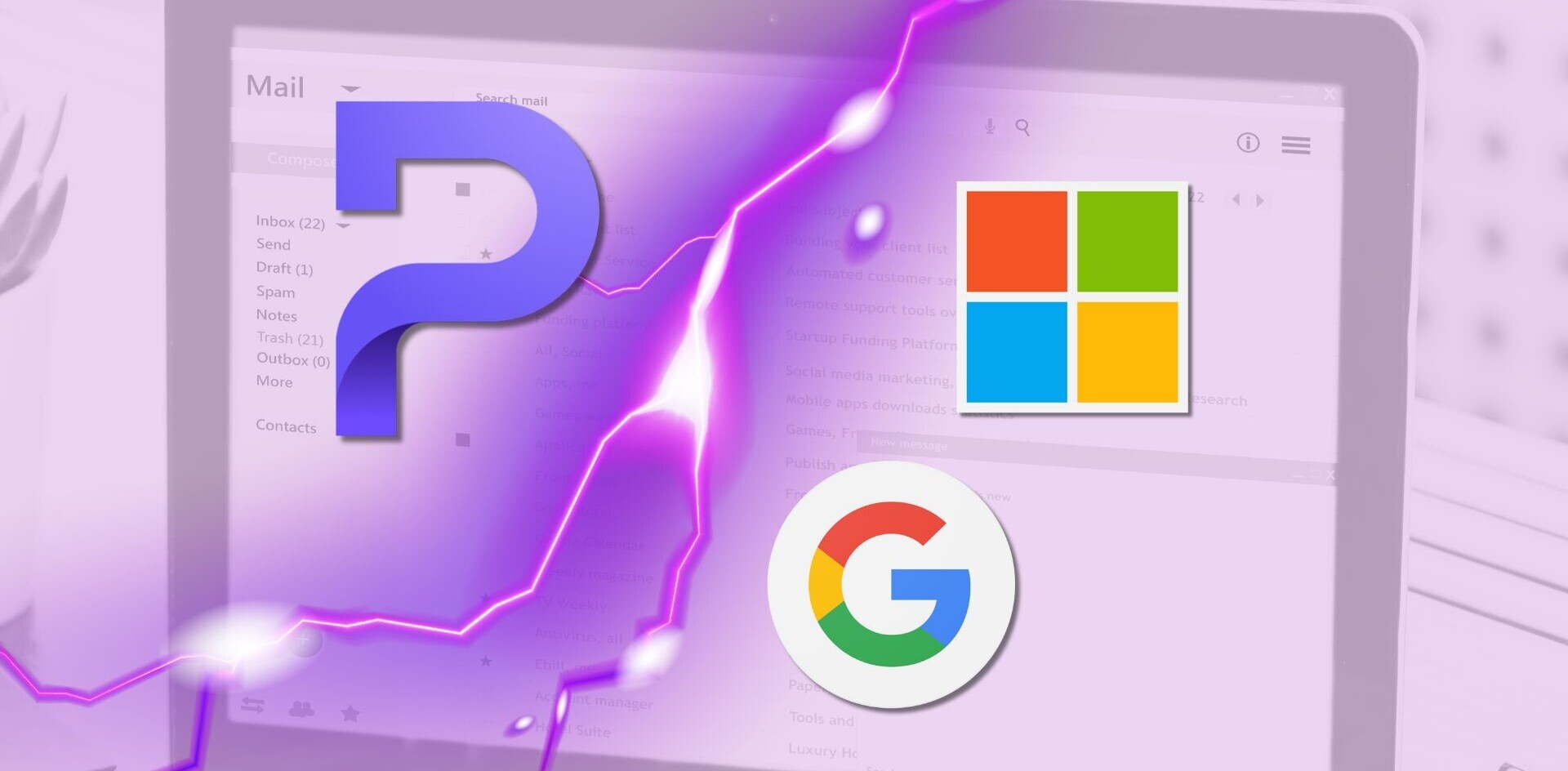
If you’ve ever had a really bad headache or back problem, you might have surfed over to WebMD to see if you can find possible medical issues related to your symptoms. Googling symptoms tends to return a bunch of Yahoo! Answer pages and some WebMD landing pages, so Google realized that it had to update its health-related searches and it has.
Today, the Google search team announced a change to how searches for symptoms would be displayed on its search engine. Here’s what they said about the update:
You might be trying to understand why you’ve had a headache every morning for a week or why your child has a tummy ache all of a sudden. Our data shows that a search for symptoms is often followed by a search for a related condition.
To make the process easier, now when you search for a symptom or set of symptoms, you’ll often see a list of possibly related health conditions that you can use to refine your search. The list is generated by our algorithms that analyze data from pages across the web and surface the health conditions that appear to be related to your search.
The example that Google gives is by searching for “abdominal pain on my right side” the results that you get will have a new view at the top showing conditions that match your symptoms:
While this isn’t stealing any pageviews away from sites like WebMD, Google is doing a little bit of its work for them. Instead of going directly to WebMD and searching for a symptom now, users might just start relying on Google as the first place to search. While the highlighted search results simply click through to a brand new search for those conditions, the change definitely keeps users on Google a little bit longer before they head off to another site.
In fact, WebMD recently launched a new feature on its site called “Symptom Checker“, which lets you save your symptom history. Even though Google shut down its health product last year, the company isn’t getting out the game completely.
I have to point this out: If you’re really sick, you should go right to your doctor instead of trying to use the web to self-diagnose.
Get the TNW newsletter
Get the most important tech news in your inbox each week.






